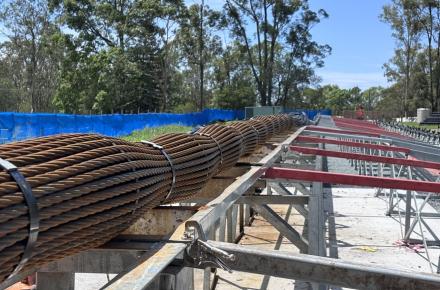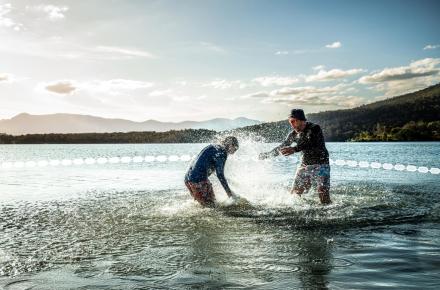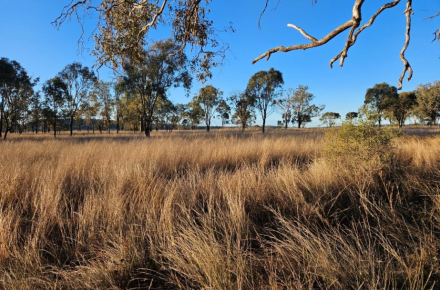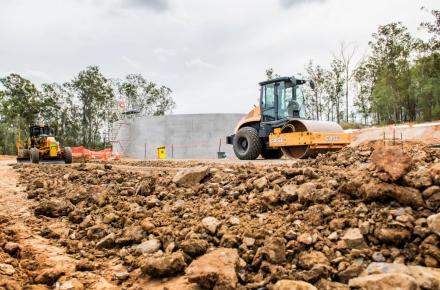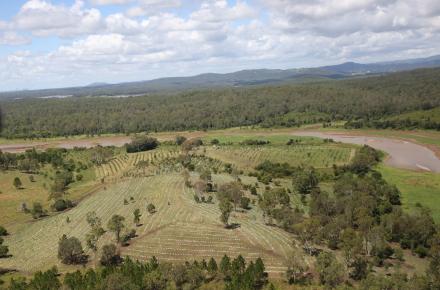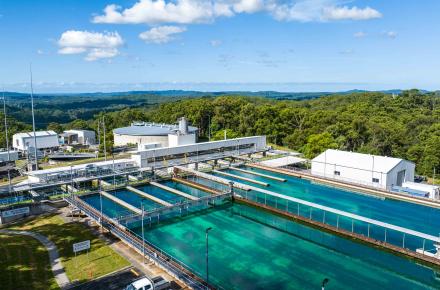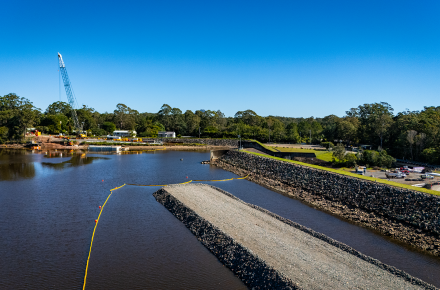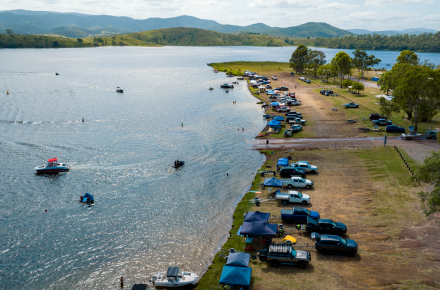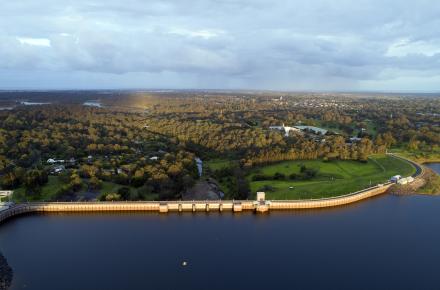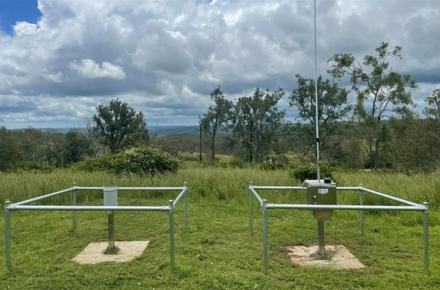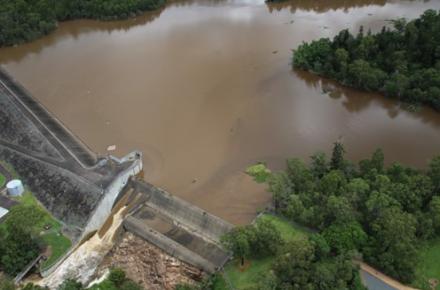The partnership between Seqwater, Moreton Bay Regional Council and Healthy Land and Water has been operating since 2015 in a bid to save riparian vegetation along the river banks.
Seqwater Source Protection Senior Planner, Tim Odgers, said Cats Claw Creeper was an invasive vine which posed a significant threat to the riverside (riparian) trees along the banks of the Stanley River.
“This vine had overrun approximately 20km of critically endangered riparian rainforest, which was of significant concern to us in 2015,” he said.
“Now, thanks to this partnership and the weed control program, more than 11km of the worst areas is now under active management.”
The deep roots of riparian rainforest reinforce the banks of the Stanley River, increasing the resilience of the bank to erosion and damage, which would have an impact on water quality.
The eventual outcome, without intervention, would have meant this irreplaceable vegetation would eventually be overwhelmed, collapse and die, Mr Odgers said.
Moreton Bay Regional Council Division 12 Councillor, Tony Latter, said the Council contributed $100,000 to the partnership this financial year. This brings their contribution to more than $400,000 in total.
“The partnership and contribution builds on Council’s strong commitment to the preservation and rehabilitation of local riparian environments,” Cr Latter said.
“Moreton Bay Council partners with Seqwater and Healthy Land and Water to have early intervention to protect our waterways and river systems.
“What we are seeing now is an investment into weed management that will help protect our river banks long into the future.”
Mr Odgers said the partnership was a good example of what could be achieved by working together to restore ecosystems.
“This, in turn, has helped reduce the potential for Cats Claw vines to create irreparable damage to South East Queensland drinking water source catchments,” he said.
“Seqwater is committed to continue working through the Stanley River Cats Claw infestation with our partners with the aim of bringing the entire weed infestation all under management by 2025.”
